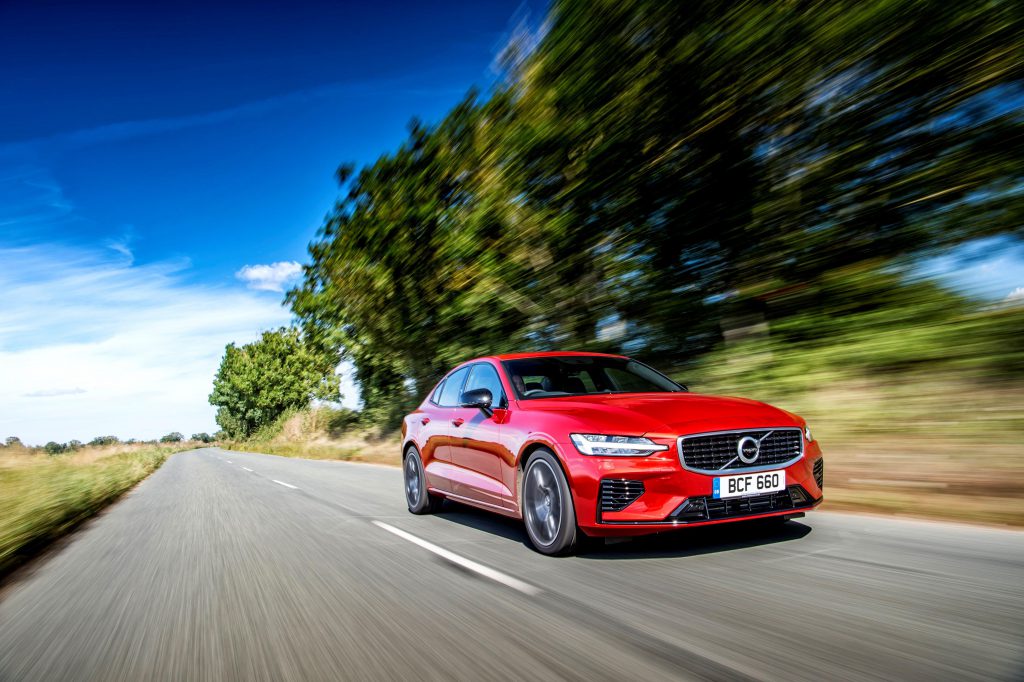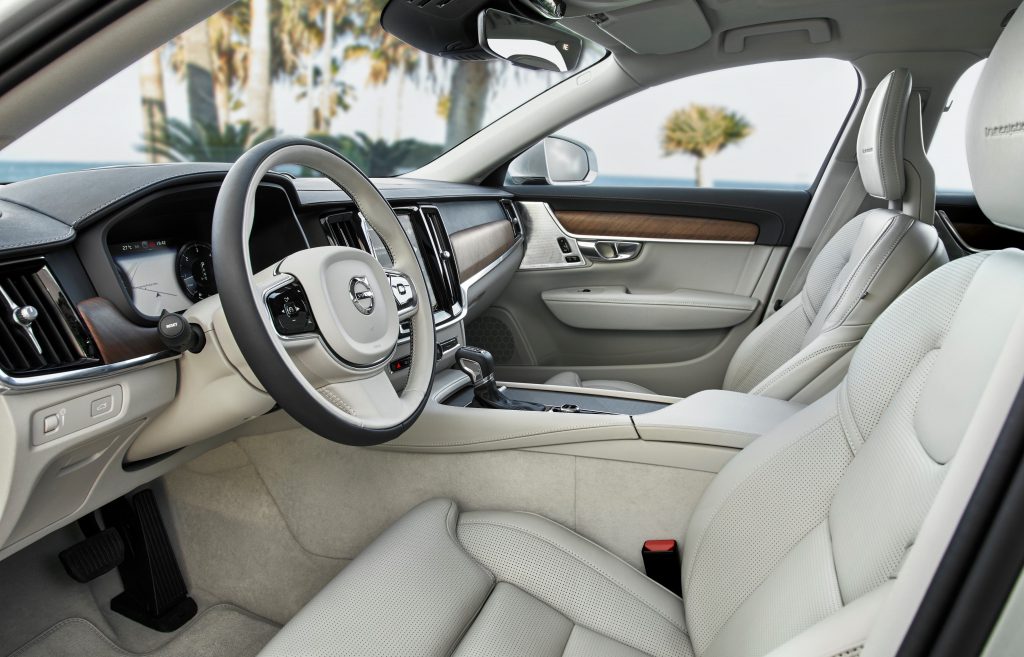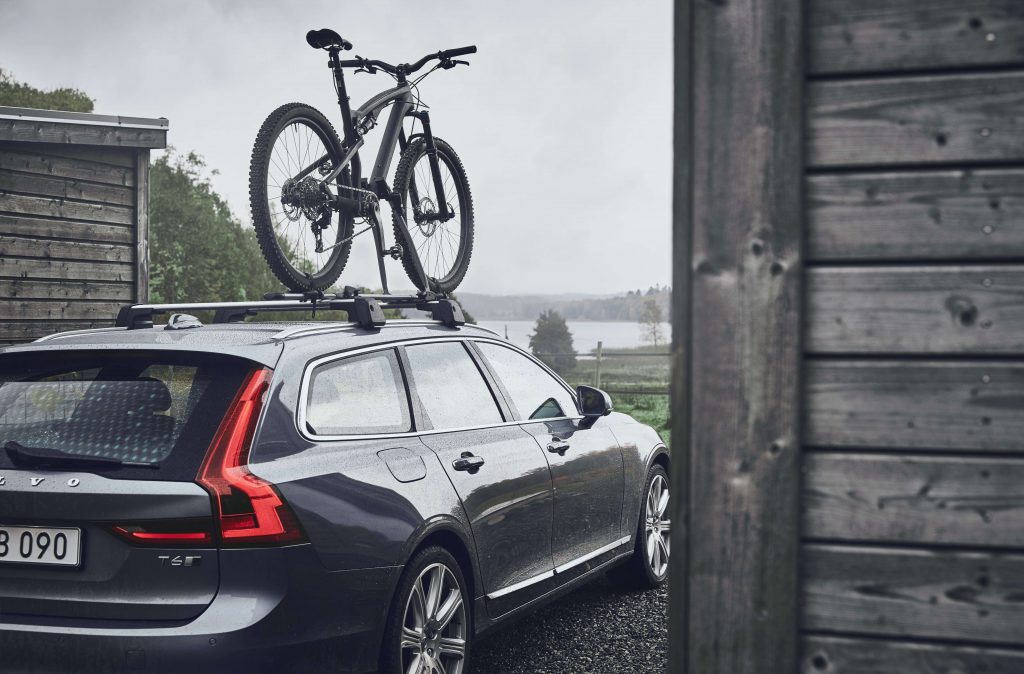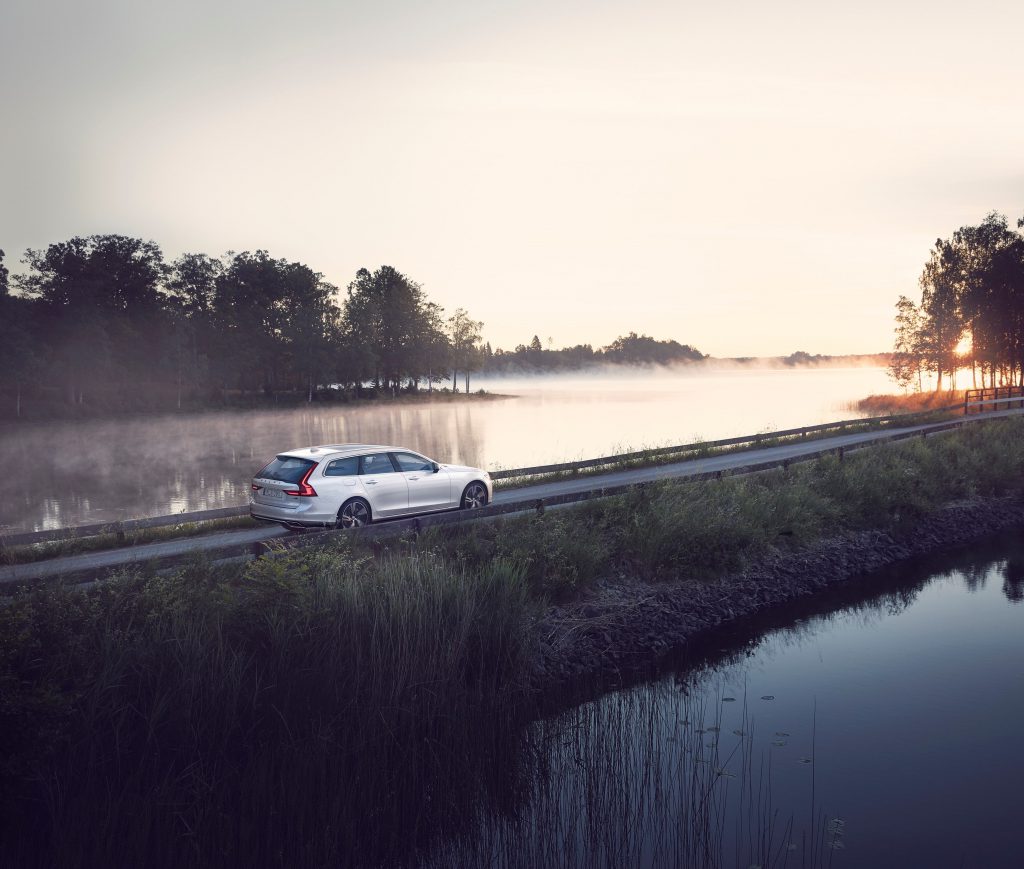By Nigel Wigmore
The electric car was first invented in the 1880s and was met with enthusiasm. Then the internal combustion engine took over. Current developments make me wonder if in the next decade the electric car is set to make the biggest comeback in the history of motoring.
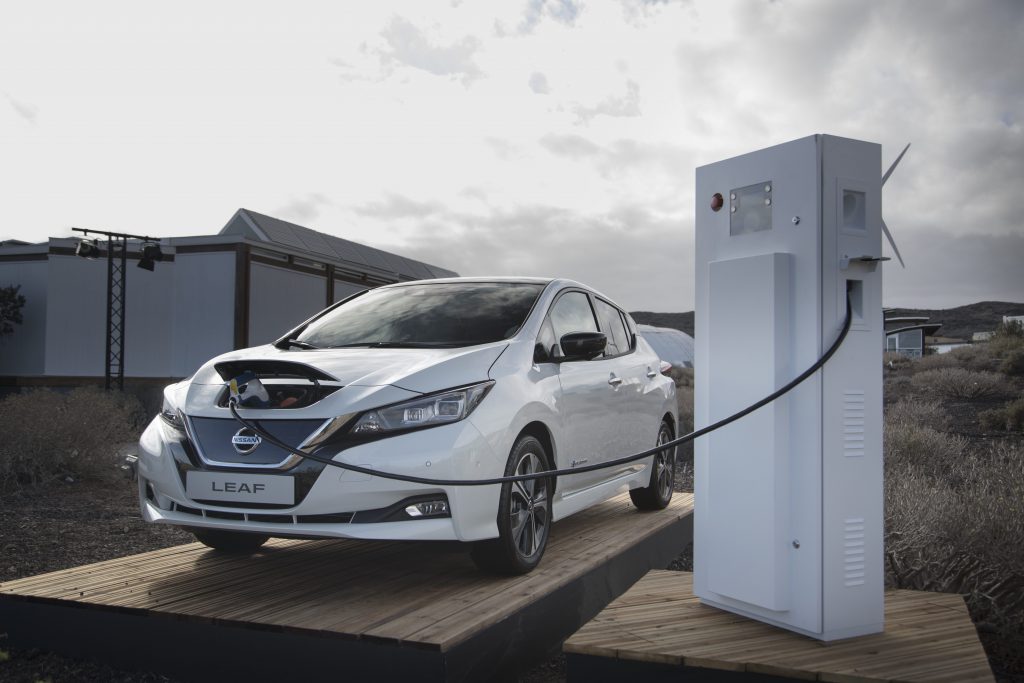
Nissan showcases Electric Ecosystem designed to deliver the future of driving today
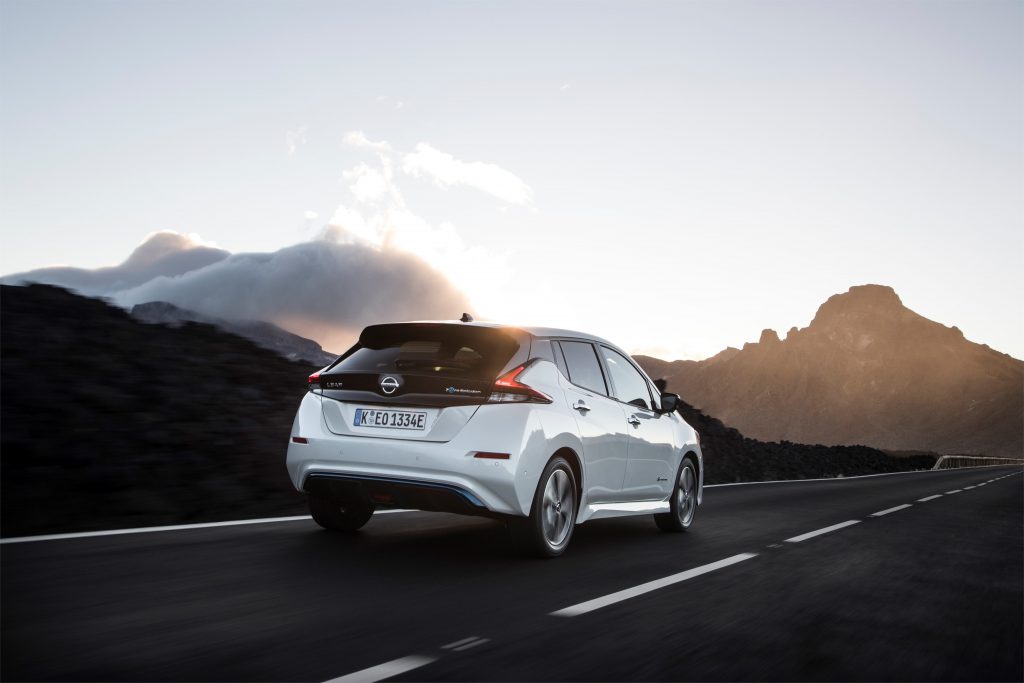
The new Nissan LEAF: the world’s best-selling zero-emissions electric vehicle now most advanced and accessible on the planet
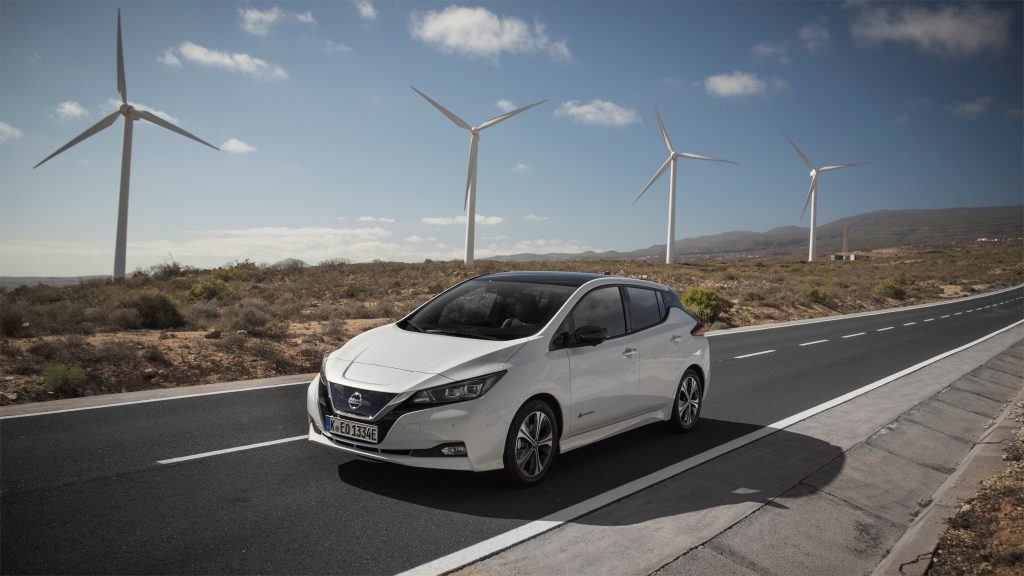
The new Nissan LEAF: the world’s best-selling zero-emissions electric vehicle now most advanced and accessible on the planet
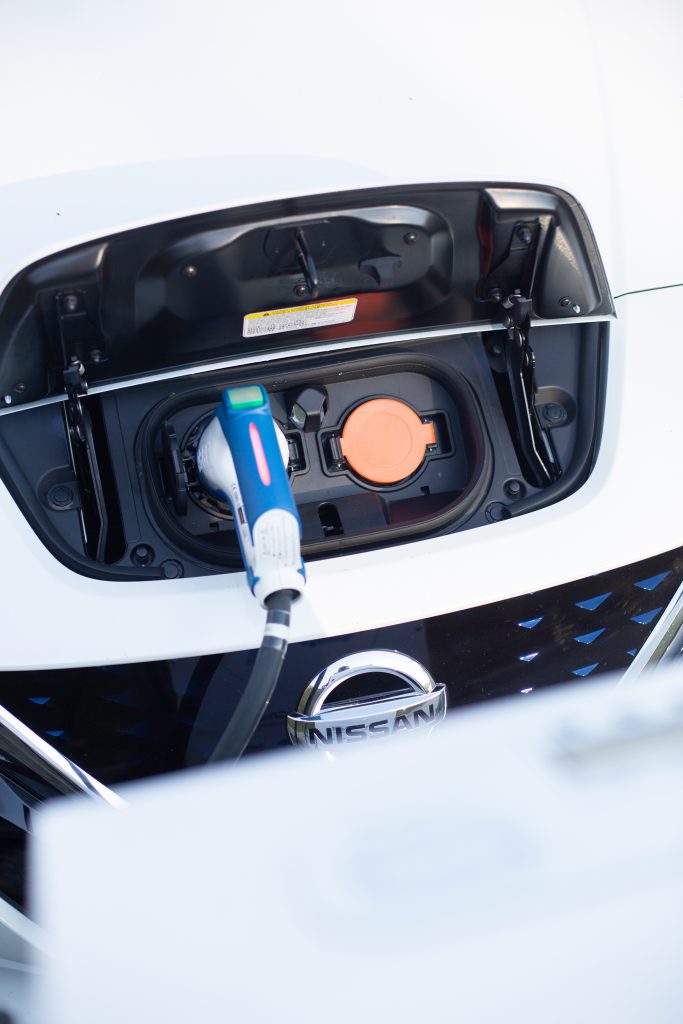
Nissan LEAF
This decade then is predicted to be a time when the electric car comes into its own.
In 2020 alone one major carmaker is already saying it will produce 14 new “electrified vehicles”.
So with all this huge investment on the part of car manufacturers finally bearing fruit, it will be interesting to see what the take-up on electric cars will be in the next 10 years.
In 2018, for example, 2.2 per cent of vehicles sold worldwide were electric and that was a record-breaking year, according to www.carinsurance.net — but that is bound to change in the next few years.
This week I have been driving an electric car that has been around, would you believe, for the whole of the previous decade.
The Nissan Leaf, a compact five-door hatchback electric car, was first introduced in Japan and the United States in December 2010. It is now — since 2017 — in its second generation.
I have written about the Leaf several times before, once identifying two “conflicting emotions” while at the wheel. One was a rather “laid-back” state of mind where you are more relaxed and calmer than you might be while driving a “normal” car.
The second was one of anxiety — the principal concern of which was simply the question “Will I make it to where I am going and back again?” Continue reading →

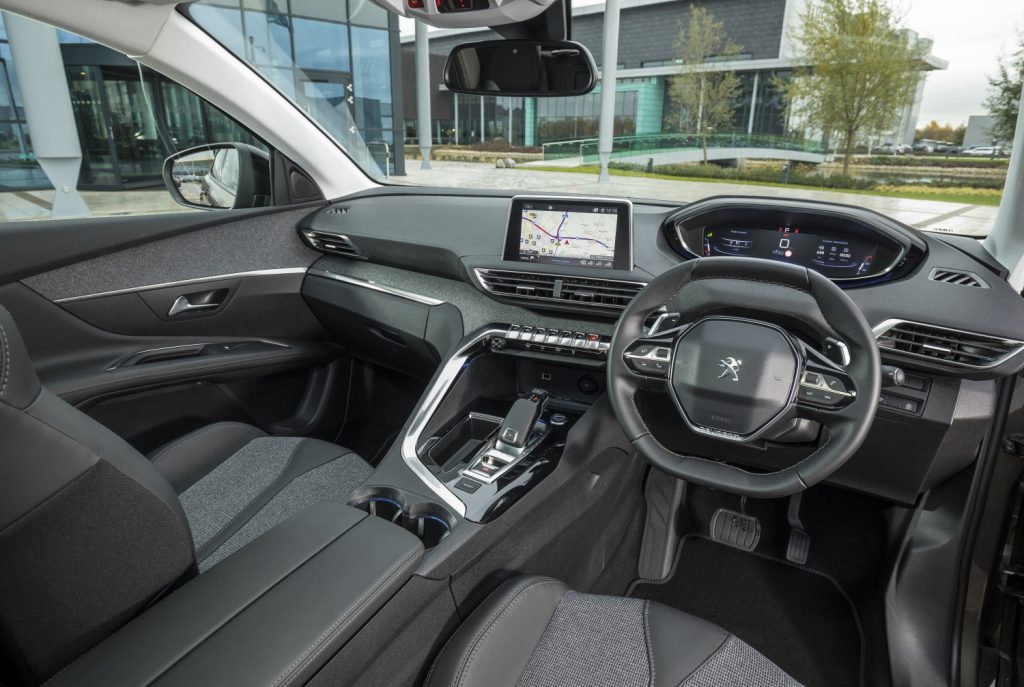

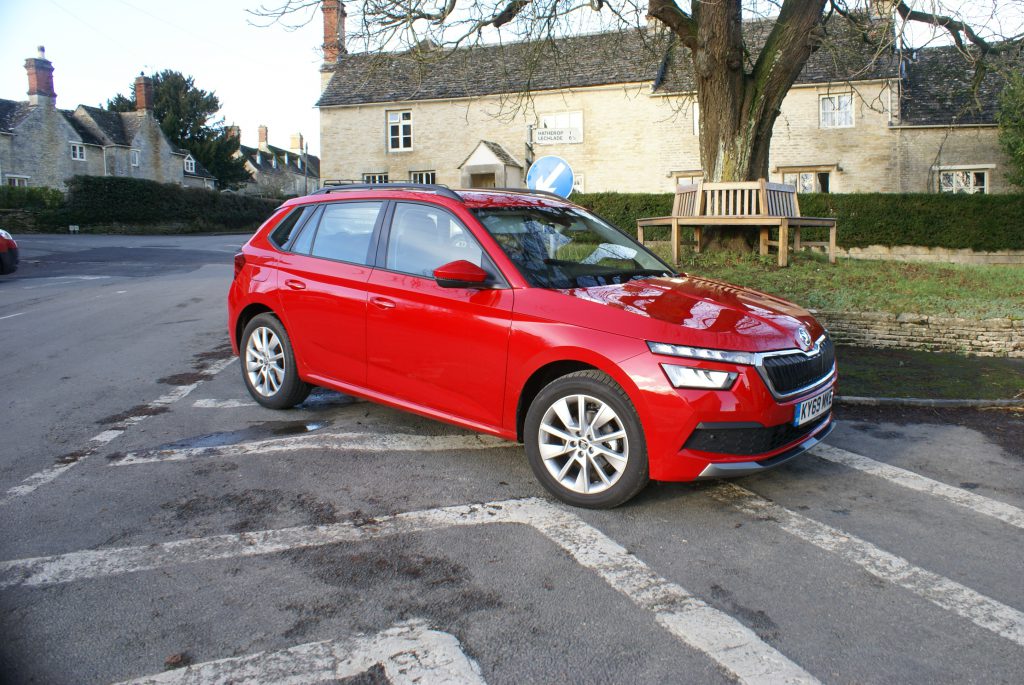
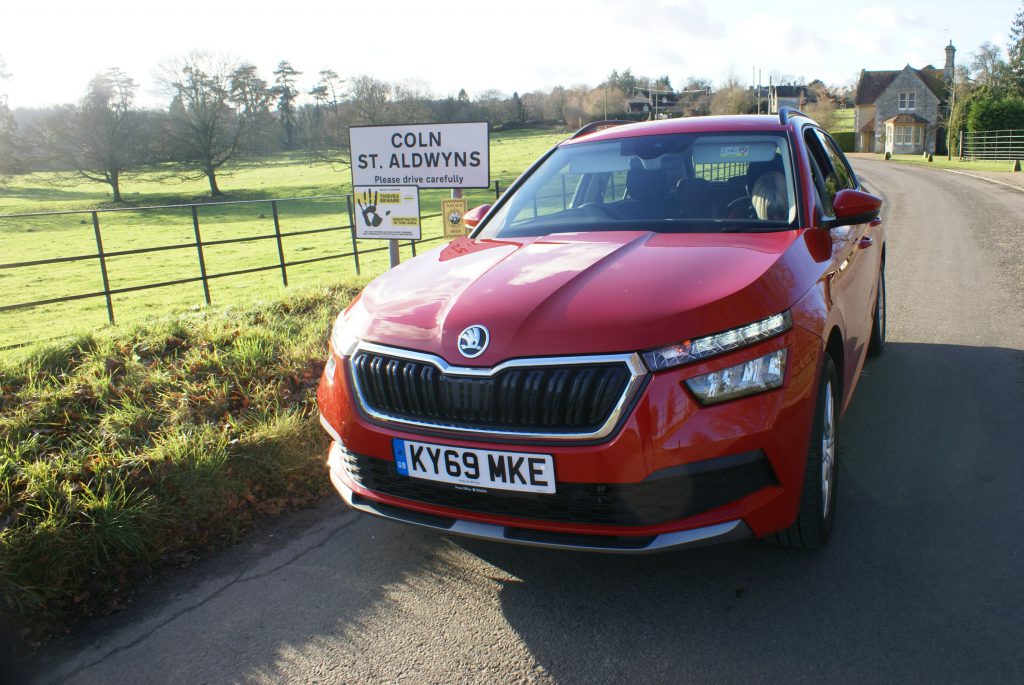




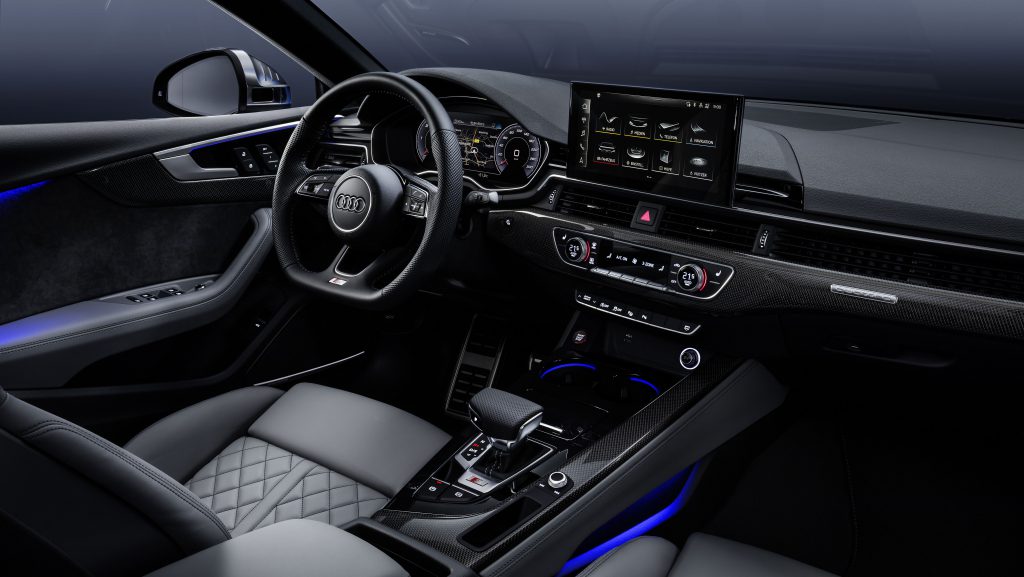
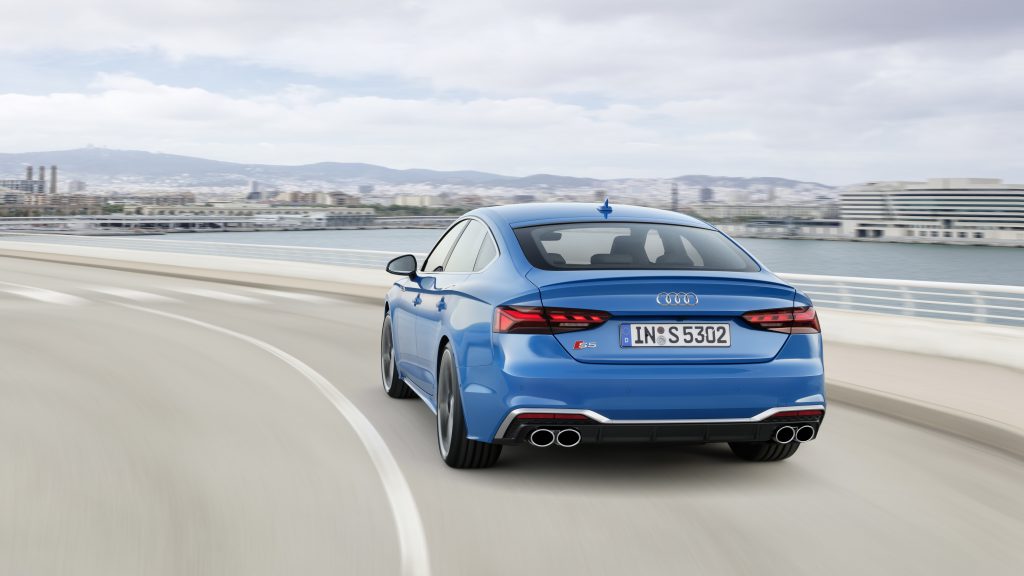
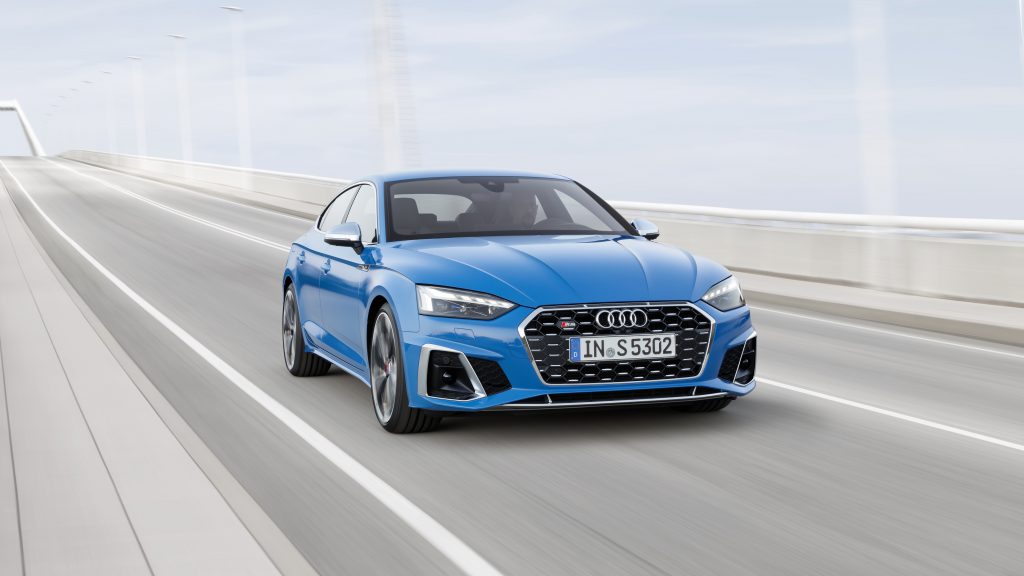
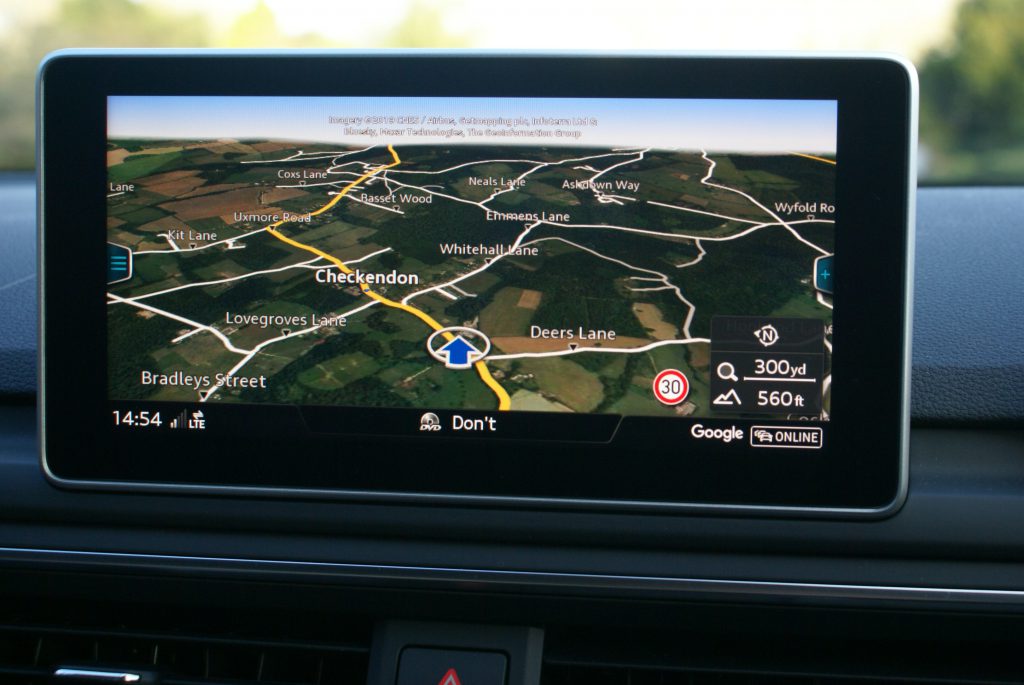
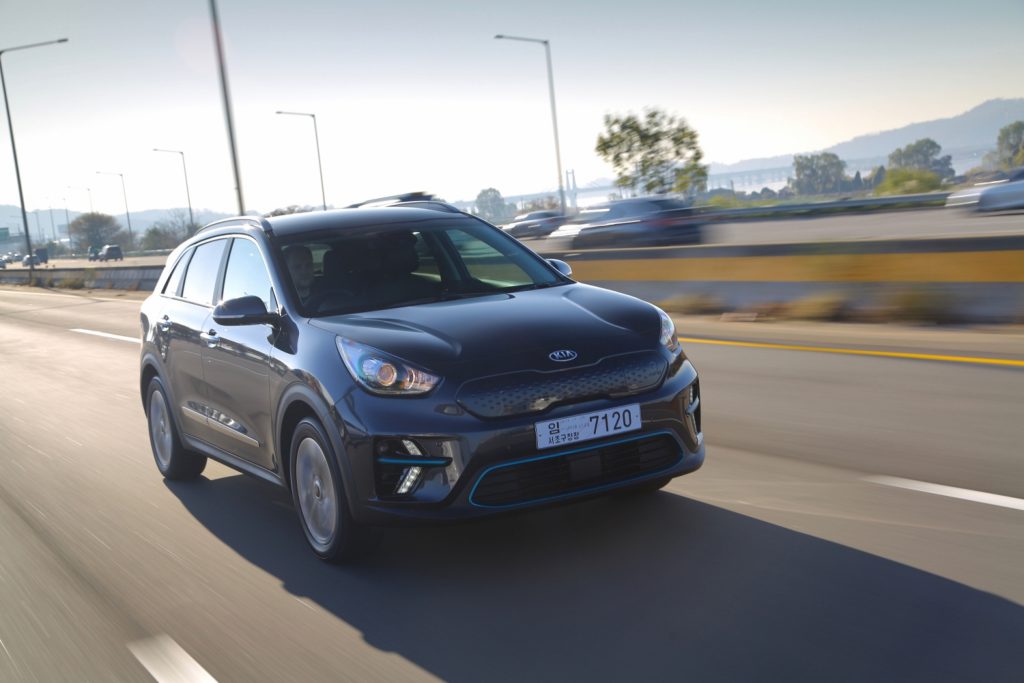
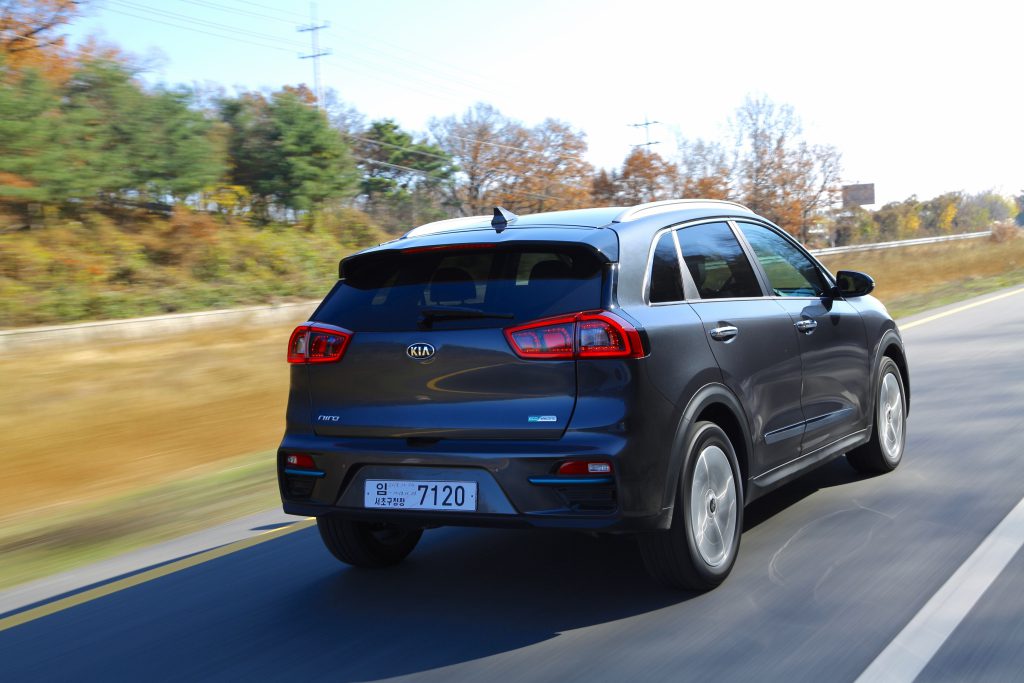
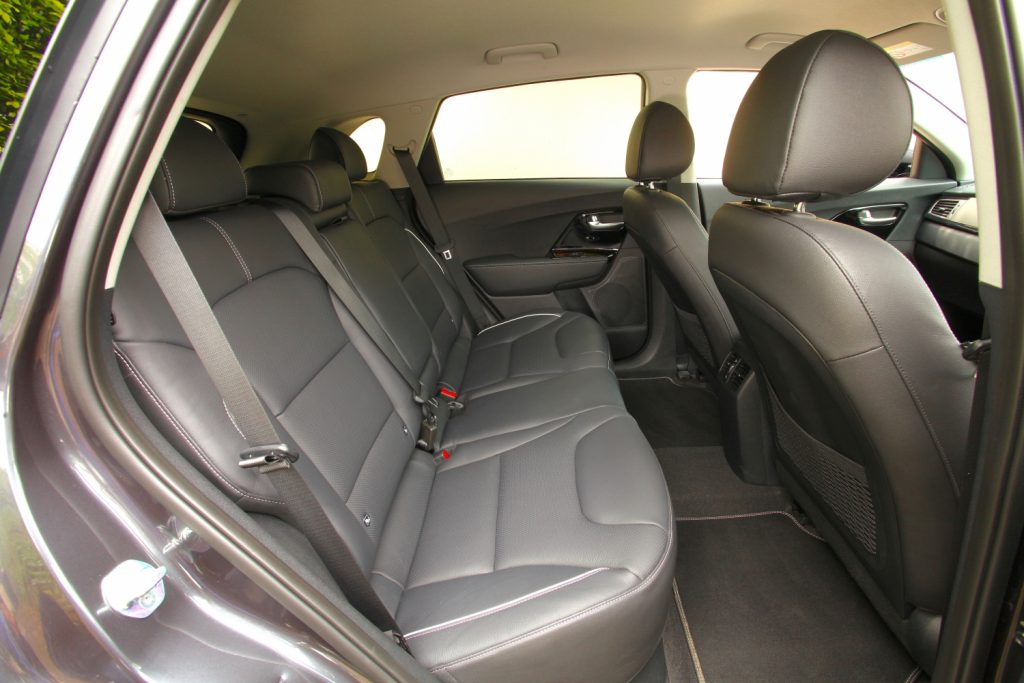
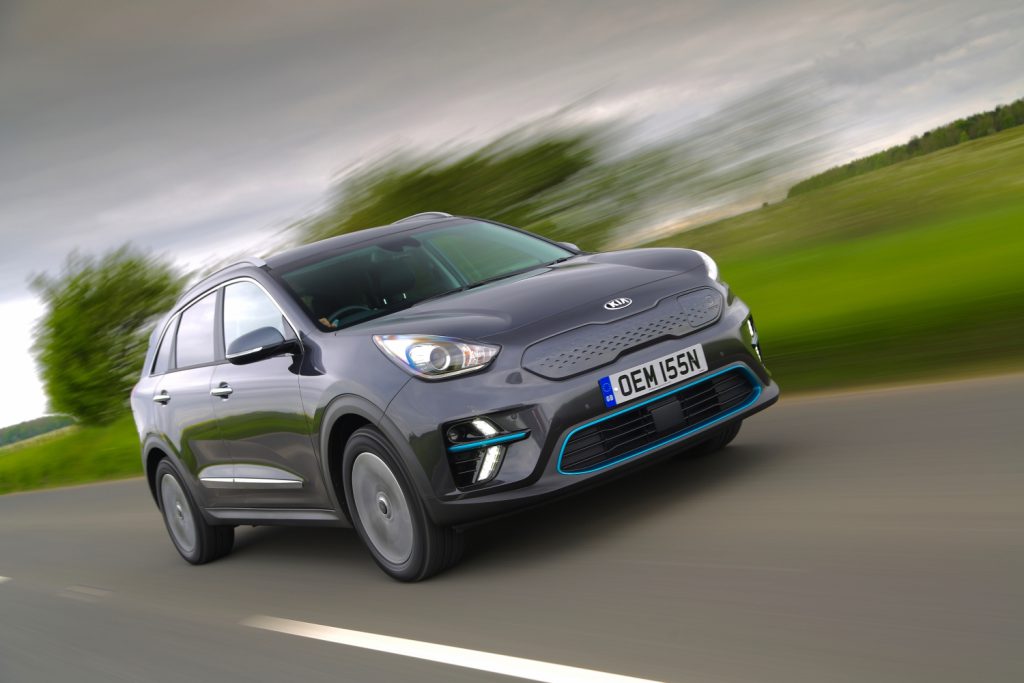
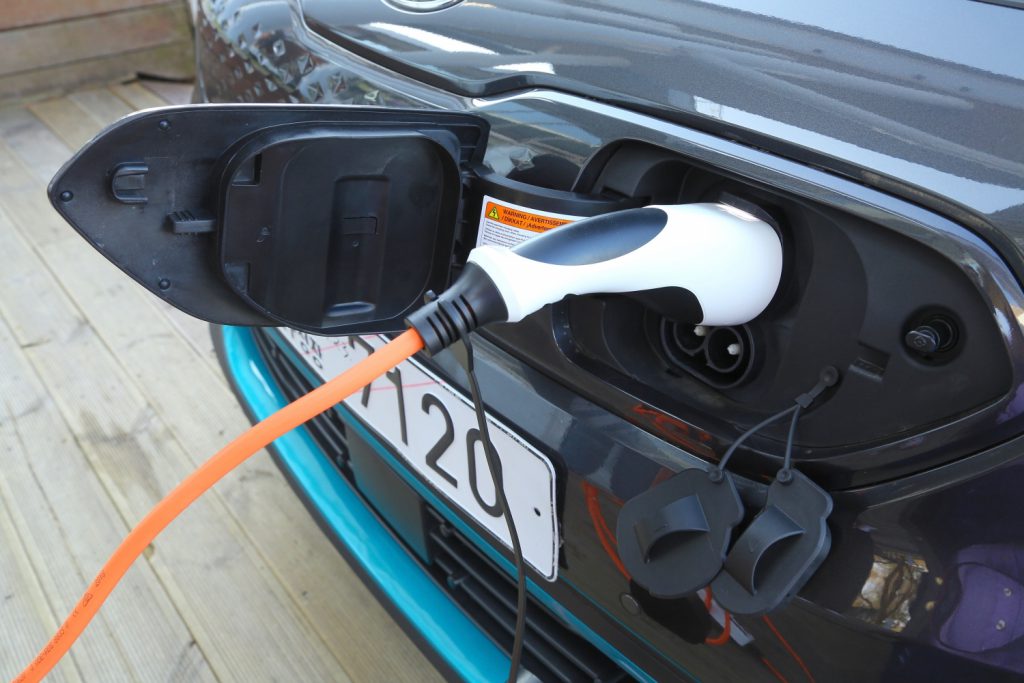
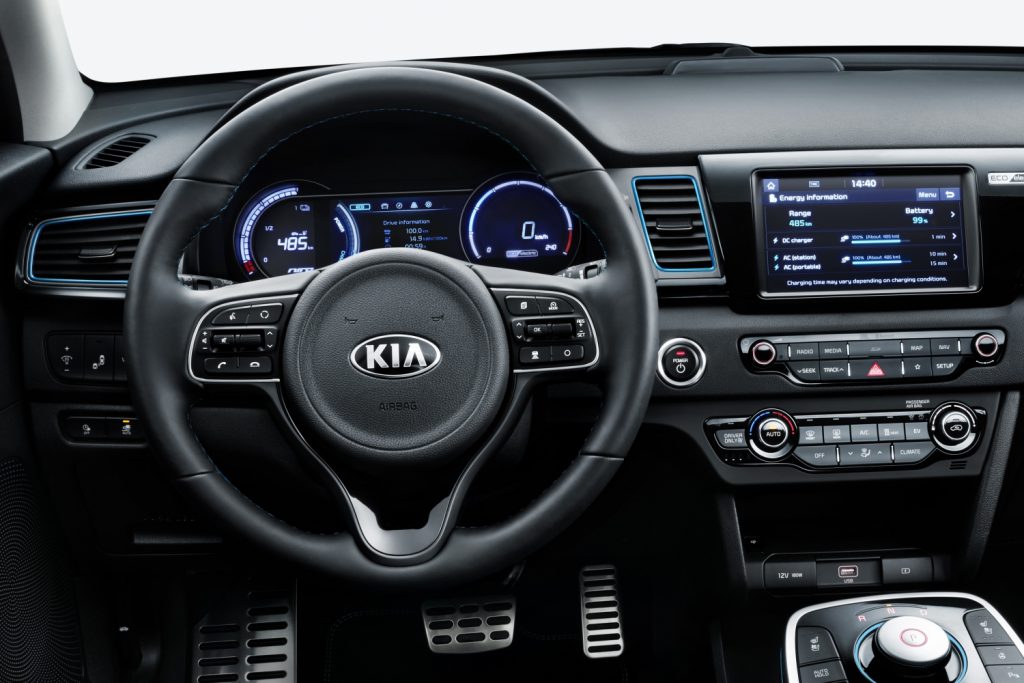 FIRST impressions count when it comes to appraising new cars, and my first look at the new Kia e-Niro was positive simply because it didn’t look like an electric car.
FIRST impressions count when it comes to appraising new cars, and my first look at the new Kia e-Niro was positive simply because it didn’t look like an electric car.